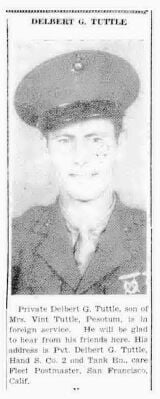SPOILER ALERT: This interview contains plot details for the film Longlegs Oz Perkins didn’t mean to scare you. Despite creating one of the year’s most jarring atmospheric horror thrillers, Perkins swears his cinematic concoction was cool and (allegedly) accidental. Longlegs , written and directed by Perkins, follows intuitive FBI agent Lee Harker ( Maika Monroe ), who is tasked with investigating a series of gruesome unsolved murders spanning from the 1970s to the present Clinton era of the 1990s being carried out by a potential supernatural entity known as Longlegs ( Nicolas Cage ).
Related Stories News 'Longlegs' Still On Track For Neon Opening Record Of $20M-$23M, 'Fly Me To The Moon' Drifting To $10M+ - Box Office Update News 'Longlegs' Review: Nicolas Cage Manages To Top His Twisted Legacy With The Most Extreme & Creepy Role Of His Career Here, with Deadline, Perkins unpacks creating nuanced character dynamics, his fascination with women in horror and using his own narrative to create scares. DEADLINE: First off, this movie is terrifying. How do you sleep at night knowing that you’ve dropped a movie that scares the hell out of everybody? OZ PERKINS: I subscribe to the same ideology of “I didn’t mean it.
” And I almost mean it like a kid who broke something and they’re like, “Nah, I didn’t mean to do that. It was an accident.” I only set out to make people feel good.
I never set out to make people feel bad, and I don’t know that any film director does.


















